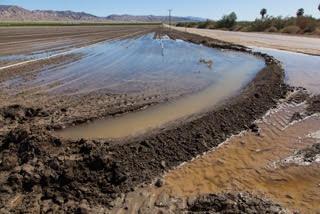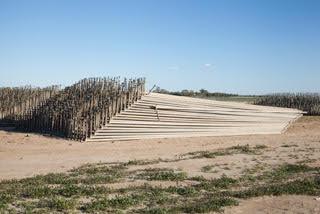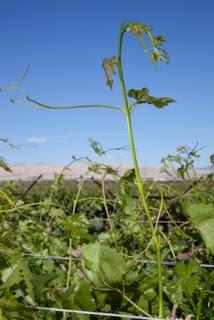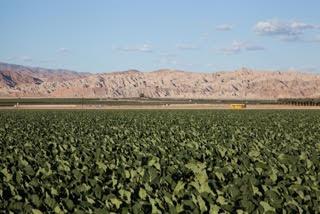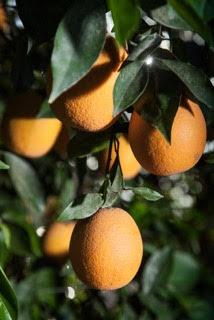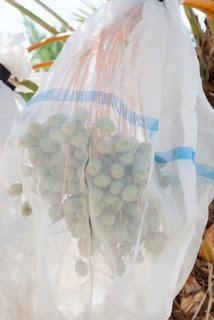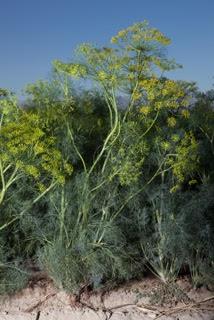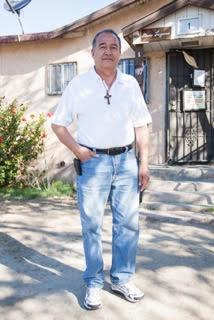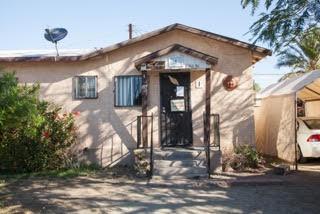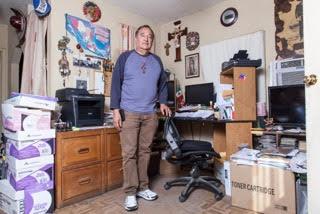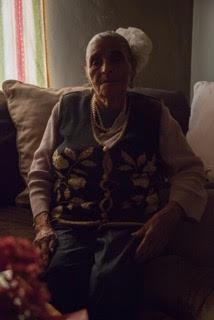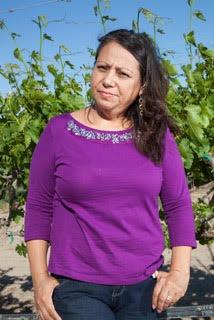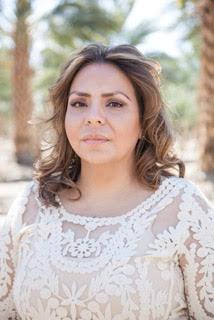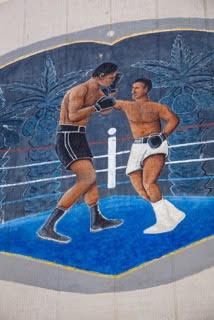Immigration
By Noé Montes
Immigration
Imagine for a minute that you have to leave your home. Imagine there is a war going on around you and you fear for your life and that of your children. Maybe the potato crop, which your country is dependent on, has been ravaged by disease and hundreds of thousands of people have died of starvation. Imagine that you do hard physical labor, every day, in order to provide your family with basic necessities, and it is not enough. Imagine that you are in love and starting a family and you want them to have a better life than yours. Maybe what you want is to practice your religion without being persecuted.
The reasons that we have immigrated are strong enough to make us leave behind our country, culture, friends, home and family, all the things that make us who we are. In the case of the farm workers in California’s Coachella Valley, it is many of these reasons, plus the fact that the government in their homeland is corrupt. Together, with the drug traffickers, the situation that has been created is untenable. People come to the Coachella Valley because they hear that it is a place where they can use their hands and the strength of their body to survive and maybe even move forward. A place where there is possibility.
To get to the Coachella Valley, people endure many hardships. Educated and skilled individuals leave behind their aspirations, mothers leave young children with promises of returning for them. They leave behind everything they have built in the first part of their lives in order to start again. They come to this new place despite the fact that they don’t know the language, geography, the native people or how systems work. They place a lot of faith in their religion and in themselves. They walk through the desert and the hills for days, scared, sometimes subjected to violence. They are cheated out of the little money they have, they are caught and returned to Mexico over and over. Some people die in the process. People do whatever they have to do to get there. They keep trying until they make it, because they are moving, north, up the hill, to a better place.
Once farm workers arrive in the Coachella Valley the first order of business-- even before finding a place to live-- is finding work. The work available to them is planting, tending to and harvesting the huge variety of fruits and vegetables grown there year-round. During the first days after arriving, many immigrants live in the fields or in their cars, and bathe in irrigation canals. The work is hard manual labor in the heat, sometimes up to 110 degrees, that lasts for hour and hours.
There is abuse of power. Unscrupulous corporations, farmers, contractors and foremen will exploit them. People without proper documentation or little education get taken advantage of because they can’t or won’t go to the authorities. Many farm workers are paid less than what they earn and told not to complain because there are ten people waiting to replace them. They make enough to eat, and to live in an unhealthy environment with little to no services of any kind. But it is something; it is a foothold in this new land. It is something that they hold on to dearly, despite the fact that there are people in the United States denouncing their way of life, resisting their efforts at parity and demanding that they go back to where they came from.
Imagine once again that this is you. You decide to stay and you discover that you have brought more than you realized. You have strength, knowledge, love of family, love of community, compassion and ambition. This is the seed that you have inside you. In this new place, the Eastern Coachella Valley, there is good soil, water, space and light, all of the things you need to plant that seed, to tend to it and watch it grow. You start to build. You figure out how to become a legal resident, it may take one year or it may take ten years. Fortunately, there are people that will help you even though you don’t have money to pay them. They do it because they too have love for community and they believe that a person’s worth comes from their service to others.
You don’t have to hide anymore. You don’t have to take abuse; you can stand up for yourself, as Americans do. You get together with ten other families and you build eleven homes. One of them belongs to you. It is a beautiful home in a nice neighborhood, like you never imagined. You build. You send your children to school. They speak the new language and they excel in school because they are new immigrants. They grow up and every year they are more aware of their rights as human beings and you learn from them. They go away to college and they learn about the world and about human capital, their own and their community’s. They come back home because there is a lot of work to be done. There are new people arriving, to plant their own seeds and tend to them while they live in their cars and bathe in canals. They have come from very far and their journey has been terrible. You have learned that it is not OK to be exploited and abused. Whether it is your boss, your husband, bigots, the American economy or your own weakness. You know that it is not acceptable so you are there to help. You do this because this is what gives your life value.
###
@Noé Montes. This is the first in a four-part photo essay about farm workers in the Coachella Valley that photojournalist Noé Montes is completing under an Alicia Patterson fellowship.
